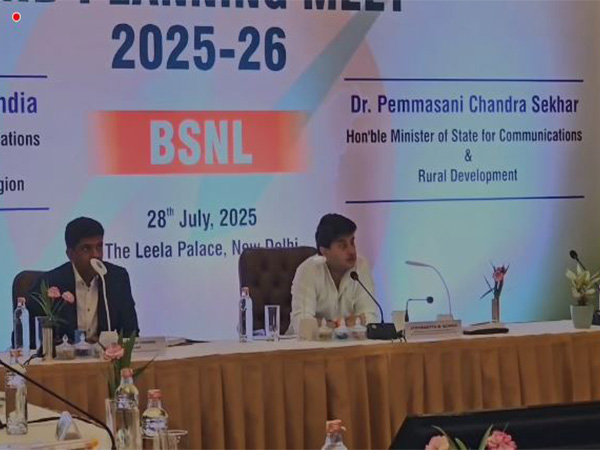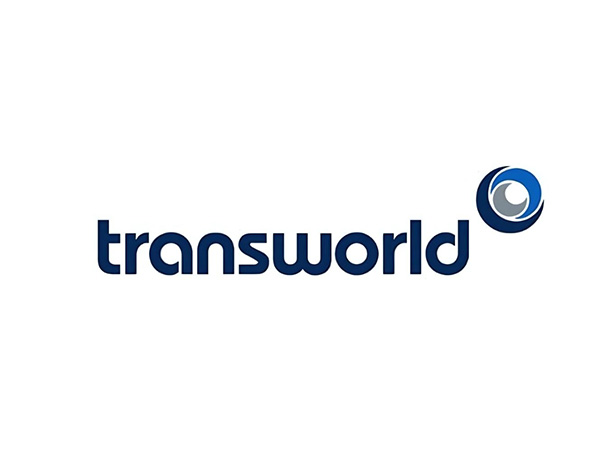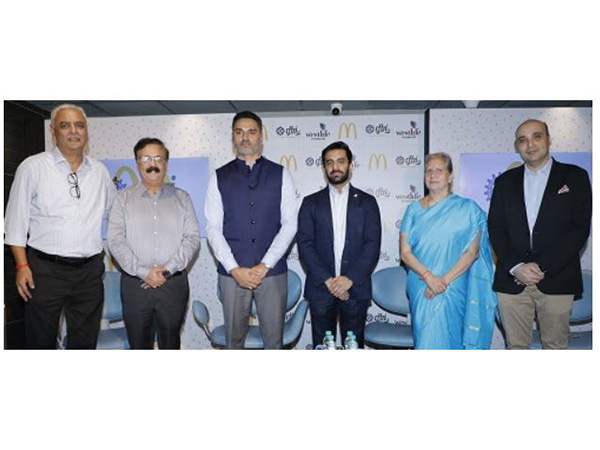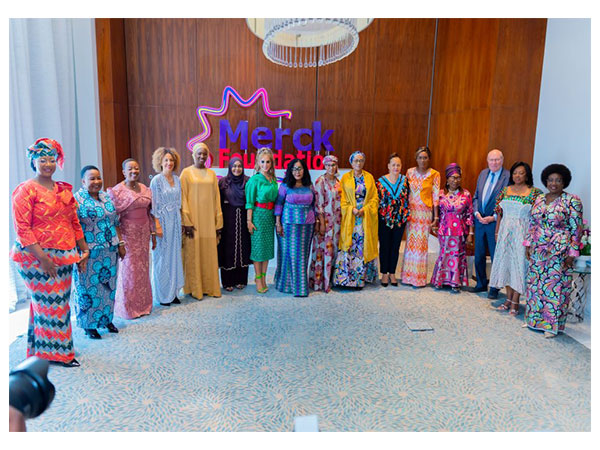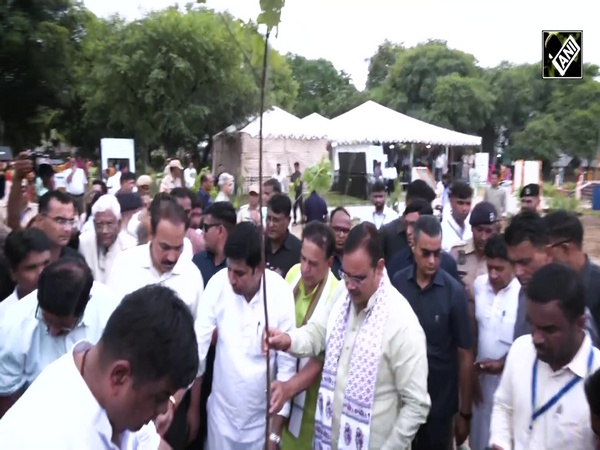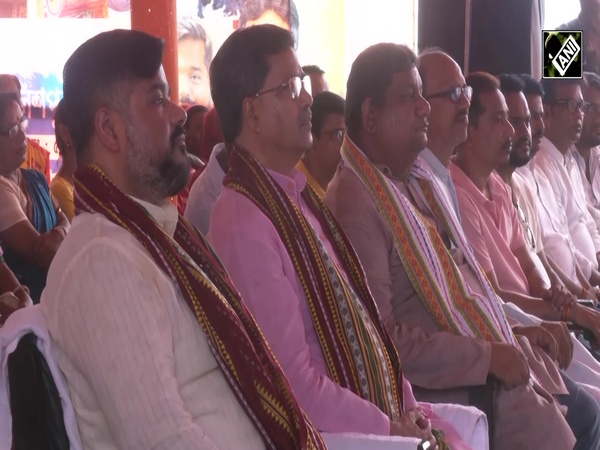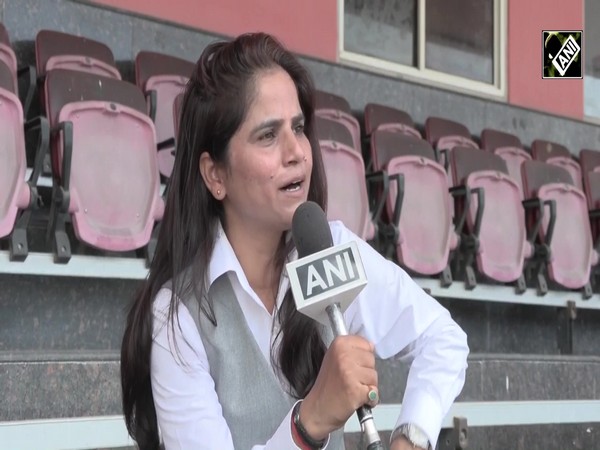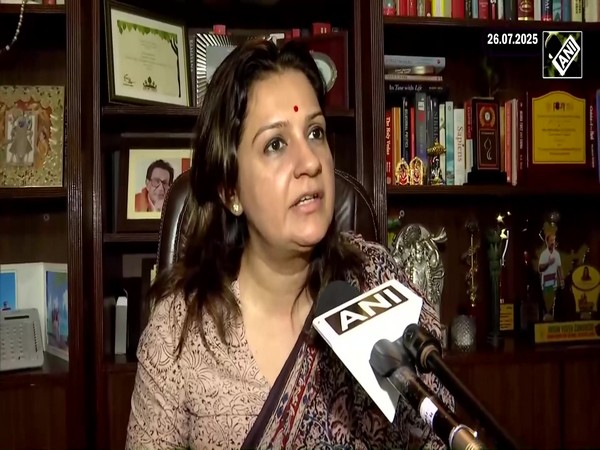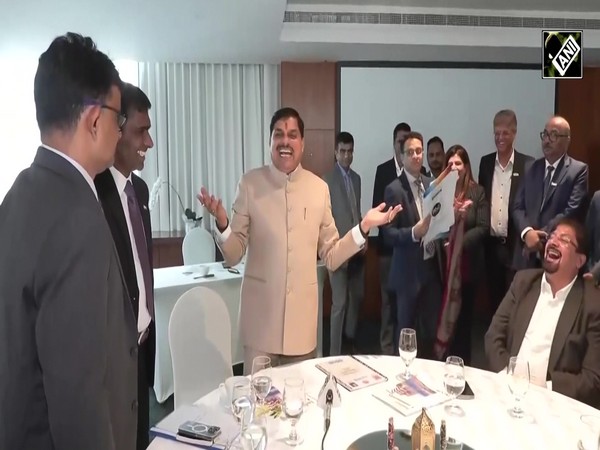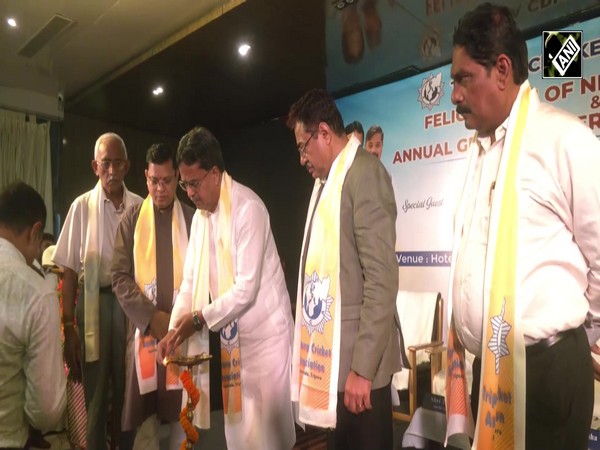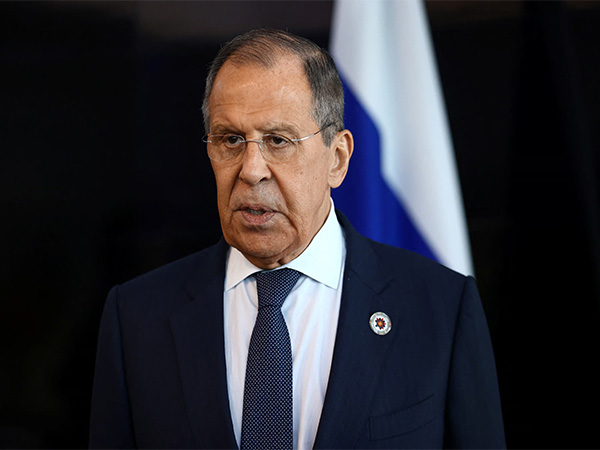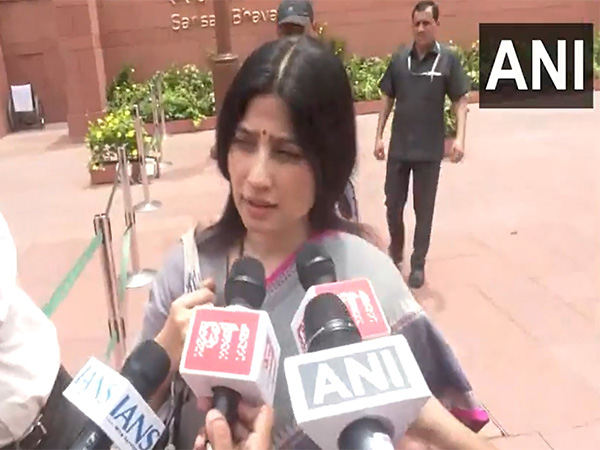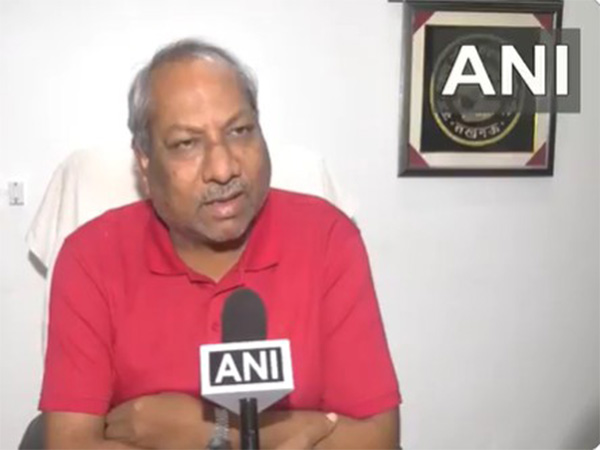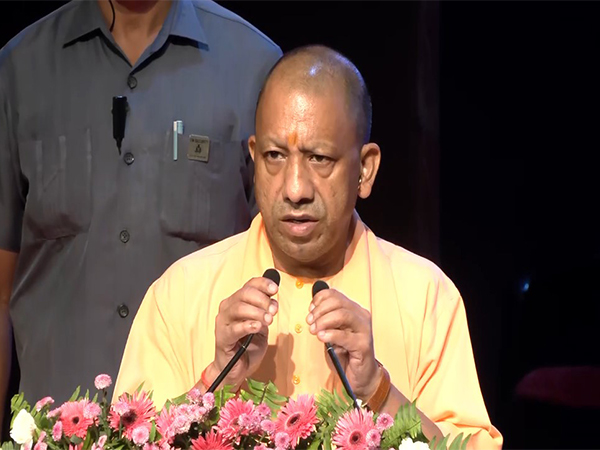
Private sector needs to step up with govt having done most of heavy lifting: ASSOCHAM Chief Sanjay Nayar
Jul 28, 2025
New Delhi [India], 28 July : The recently signed India-UK FTA is a golden opportunity from India's perspective, Sanjay Nayar, President of ASSOCHAM and Founder-Chairman of Sorin Investment Fund, said, asserting that the private sector has to really now step up with the government having done most of the heavy lifting.
"That's where now I think the private sector needs to really focus on, is how do you capitalise this and convert this into real exports," Nayar told ANI in an interview.
In the interview, he said Indian private sector companies must move beyond cost-based competition and prioritise quality, innovation, and global compliance standards to capitalise on new trade opportunities with developed nations.
Sanjay Nayar emphasised that the reduced tariffs on 99 per cent of goods through the recent India-UK Comprehensive Economic and Trade Agreement (CETA) have created a level playing field, but success in developed markets requires fundamental strategic shifts.
He noted that defence startups, med-tech and agro-tech sectors can benefit from the FTA.
"Cost is not the only differentiator anymore. With tariffs coming down, we have the same advantages that countries like Bangladesh and Turkey had earlier," Nayar said. "The big challenge for Indian private sector is to shift focus to quality, innovation, and global compliance."
The transition to developed market access requires significant investment in compliance, certification, and adherence to international standards, Nayar warned.
"We're doing FTAs with the developed world, not the developing world. This puts the onus on private sector to invest in compliance and standards."
He acknowledged this transformation would require "heavy lifting, some investment and maybe even a tough first year for companies who want to capitalise in the long run."
The comments come as India negotiates comprehensive trade agreements with developed economies, requiring Indian businesses to meet stringent quality and regulatory requirements previously unnecessary for traditional export markets.
Despite government initiatives, Nayar identified persistent challenges in logistics costs and production factors that continue to disadvantage Indian exporters.
"Our logistic cost and production factors are still expensive and a bit scarce," he noted.
While praising the government's PM GatiShakti program for addressing infrastructure bottlenecks, he suggested targeted support for micro, small and medium enterprises (MSMEs) that form the backbone of supply chains.
"We have to recognize we are going to be slightly disadvantaged on the logistical side, and it'll take some time."
Nayar expressed concern about private sector commitment to scaling up operations, pointing to lackluster response to previous government incentives.
"When corporate tax rates were cut and there was incentive to put money back in business, we didn't see much private capex pickup," he observed.
With India's domestic market offering substantial opportunities, the relatively modest private investment response raises questions about industry readiness to leverage new trade agreements effectively.
The industry leader stressed that success in comprehensive trade deals requires establishing genuine market presence rather than traditional export models.
"We now need to create on-ground presence in the UK as well. It's not just exporting and forgetting, but forming UK partnerships, setting up local offices, investing in joint ventures."
This approach becomes essential for accessing the public procurement market that the India-UK agreement opens to Indian companies in IT, construction, and medical services sectors.
Companies entering developed markets must prepare for sophisticated regulatory frameworks, Nayar cautioned. "You're dealing with developed world, so you have to be ready for compliance complexity, alignment of standards, regulatory divergence."
He acknowledged the documentation burden would particularly challenge smaller companies, suggesting government portals and chamber of commerce support could help MSMEs navigate complex requirements.
Despite challenges ahead, Nayar praised the government's three-year negotiation effort in securing market access while protecting domestic interests. "This has been a fantastic outcome with what the government has done, safeguarding our interests and opening up massive markets."
The success of India's trade strategy will ultimately depend on private sector willingness to invest in quality upgrades, compliance systems, and international market development rather than relying solely on traditional cost advantages.
The much-awaited India-UK Free Trade Agreement was signed on Thursday, in the presence of Prime Ministers Narendra Modi and his British counterpart, Keir Starmer, during PM Modi's two-day visit to the UK.
On May 6, Prime Minister Modi and Prime Minister Starmer announced the successful conclusion of a mutually beneficial India-UK Free Trade Agreement (FTA). This forward-looking Agreement is aligned with India's vision of Viksit Bharat 2047 and complements the growth aspirations of both countries.
Both nations desire to increase their trade to USD 120 billion by 2030.
The UK government had said that India's average tariff on UK products will drop from 15 per cent to 3 per cent under the India-UK FTA.

